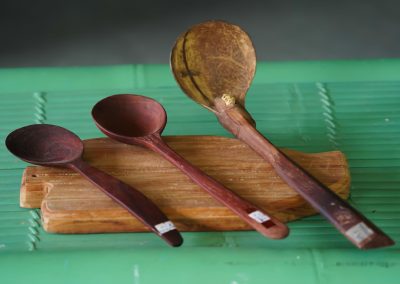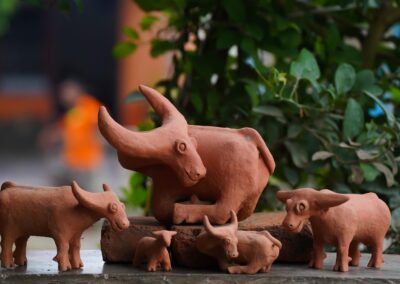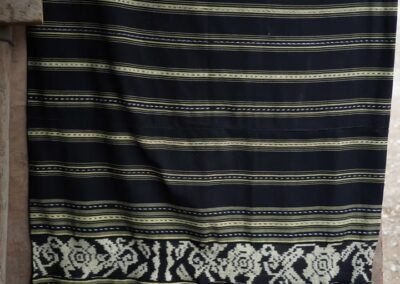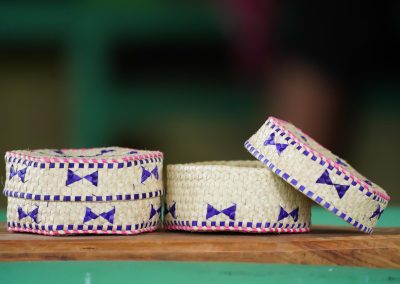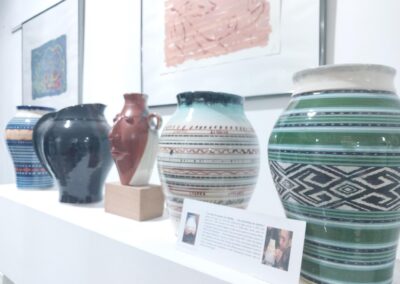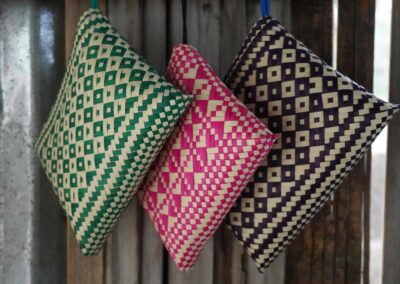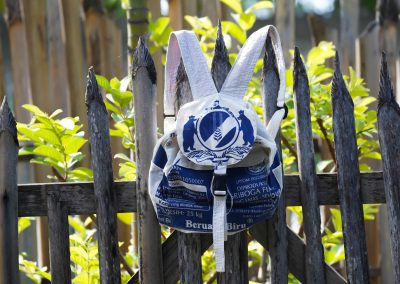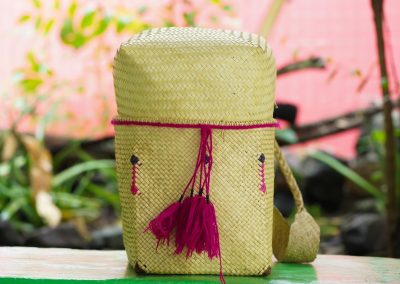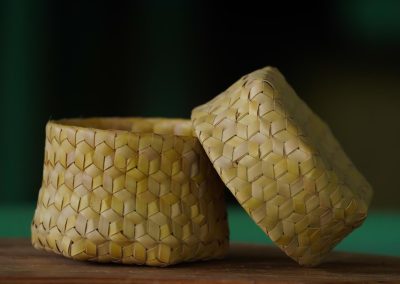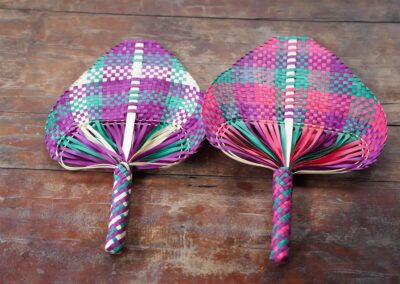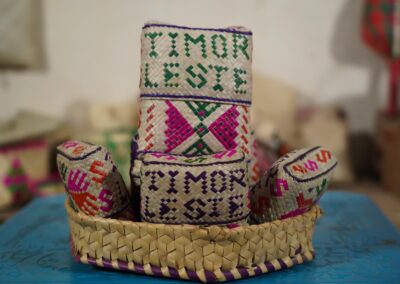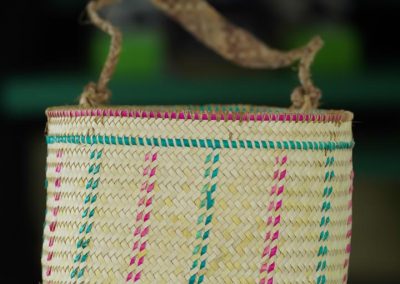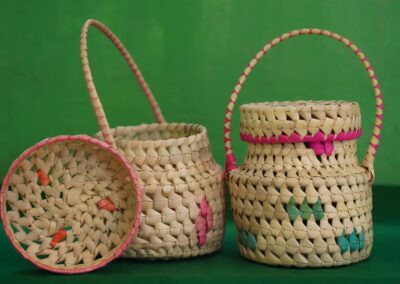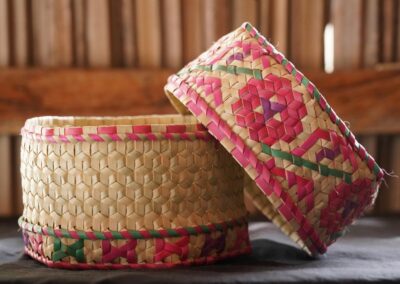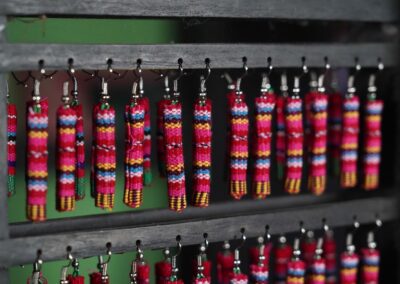Amazing Culture

Timor-Leste is a small and beautiful island nation located in Southeast Asia.
The Unique Timorese Culture
Timor-Leste has a rich cultural heritage and, in handicrafts, a great diversity of styles and techniques despite the great destruction of sites, objects and cultural records during past conflicts, which created a barrier in the transmission of knowledge about art and traditions between generations.
Our culture has very distinctive cultural influences, including Portuguese, Roman Catholic and Malay, and the indigenous Austronesian cultures, among others. There is a huge range of beautiful handicrafts – tais, woven baskets and mats, paintings, pottery, jewelry, dolls, embroidered bags, musical instruments, metal knives and wood carvings.
There are large domestic as export markets remain underexploited. Handicrafts have huge potential to generate income in rural communities, especially for women who are incredibly skilled.
Search our growing database of handicrafts and discovery who is producing and selling the handicrafts you love!
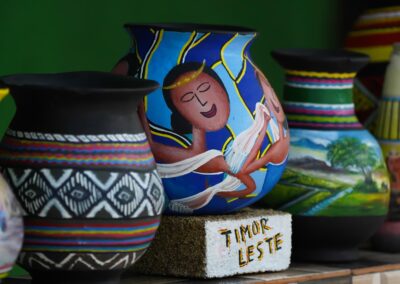
Art Sanan-Rai Inovativo
Created in 2015 by Salvador Serpa with the aim of developing the talent of young people.
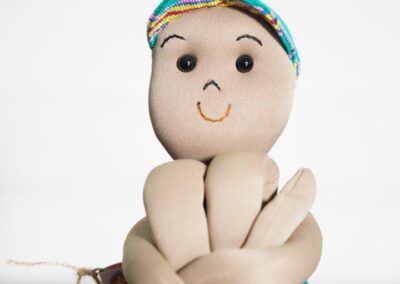
Arte Vida
Arte Vida is a company of Casa Vida Timor-Leste (CVTL) created in 2014 by foreigners (Brazil).
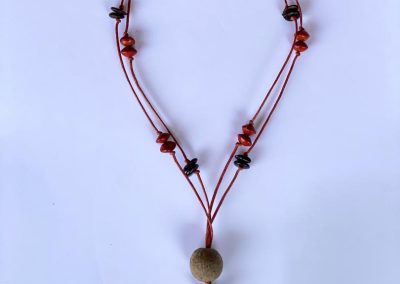
Biojoia
Created in 2006 by Father Francisco (Brazilian) and led by Teresinha da Costa Soares as Coordinator of the Biojoia group.
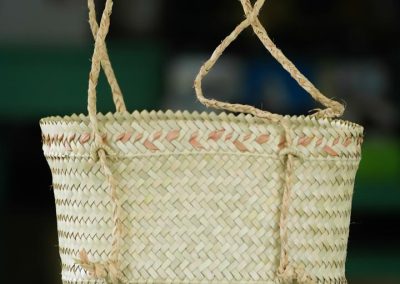
Elsadae
Established in 2013, in the village of Uaru-Ana, Biqueli, has 5 members, Sra. Talita dos Santos .
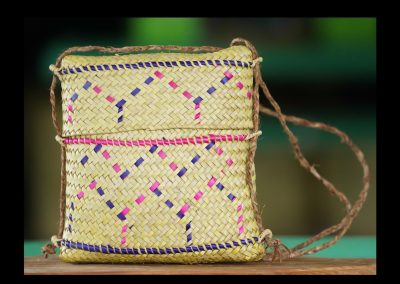
Emanuel
Led by Germina de Sousa, head of the group, Fatima Gusmão, secretary and Maria Martins Lemos Treasurer.
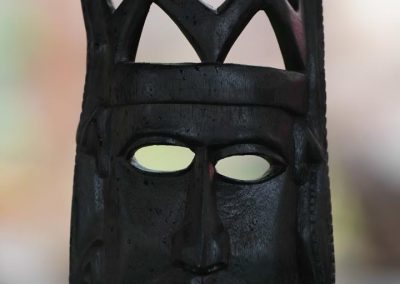
Estatua Manukoko
Established and led by Vicente Soares, the head of the group and has three members.
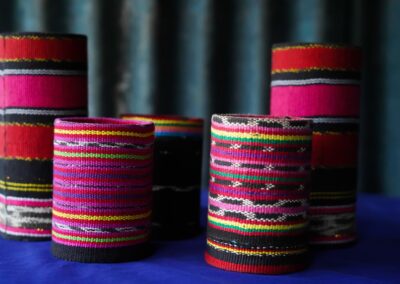
Estrela
The Estrela Group was established in 2015 by Arsenia Pessoa and her husband and has 6 members.
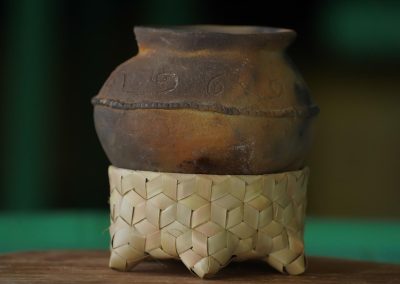
Hakusara
Although they are known as the sanan rai group, the true name of the group is Hakusara, which means "Haburas Kultura Sanan Rai."
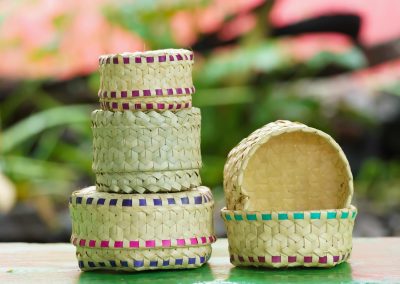
Homan Furak
Homan furak - as women’s group , has 11 members, established in 2017 in the village of Makili, Atauro, Sra. Rebeca Baptista.
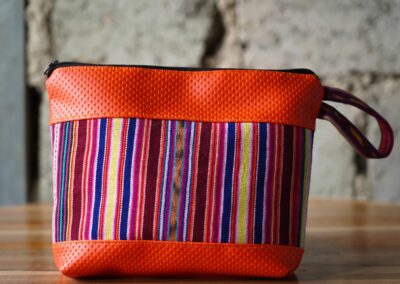
Linda Hadomi Kultura
The Linda Hadomi Kultura group was created in 2008 by Adelina Freitas and has 7 members.
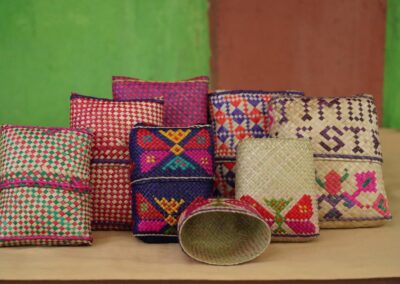
Moris Hamutuk
The Moris Hamutuk group is led by Carmelita dos Santos and three of her women friends.
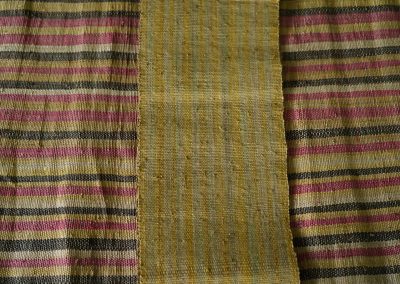
Rapin Hirik
Created in 2010 in the suco of Makadade, Atauro, located on the mountains and far from the villages and the sea.
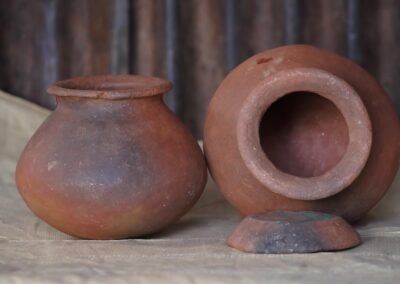
Sanan rai
Ana Florinda is a farmer and also the only woman that continues the tradition of making clay pots in Liquica.
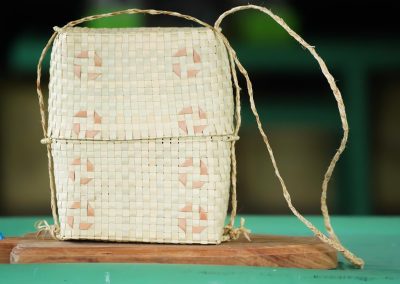
Talitakum
Established by women in Uaro-Ana for a long time and the name Talitakum is taken from the Bible that means "Wake up."
Empreza Di’ak
Artisans are teaching!
Empreza Di’ak asked some of the awesome artisan working in their successful programs on “turning traditions into livelihoods” and on “women economic empowerment” to teach us all how they make some of the most popular Timorese handicrafts! Please watch the videos!
"Papilauati"
Learn from Mana Angelina Soares from the Arlo’s village how to do an ancestral pottery named “Papilauati”. This was a lost – get more info here
Wooden swimming goggles
Maun Mario Freitas from Atauro on how to carve wooden swimming goggles. This traditional goggles are still used today by fisherman in the Atauro!
"Bikan Fatin”
Learn from tia Carolina Lemos from the village of Biqueli in Atauro how to make a beautiful “bikan fatin”, a much popular Timorese handicraft!
"Rapin Hirik"
“Rapin hirik” is a traditional tais made of palm leaf produced by the women in the very remote village of women of Makadade village. It is an unique and ancestral handicraft see in this video how it is done!
Publications
These particular videos were done by Empreza Diak with funds from USAID program “Timor-Leste through the project Tourism For All”. More information on Empreza Diak programs can be found in their facebook page.

Empreza Di’ak’s
Trainining Materials

ED has generously decided to share at no cost with all artisans and civil society its great training materials developed in the last 10 years! This way, ED wants to keep support cultural entrepreneurship and empower women in vulnerable communities!


